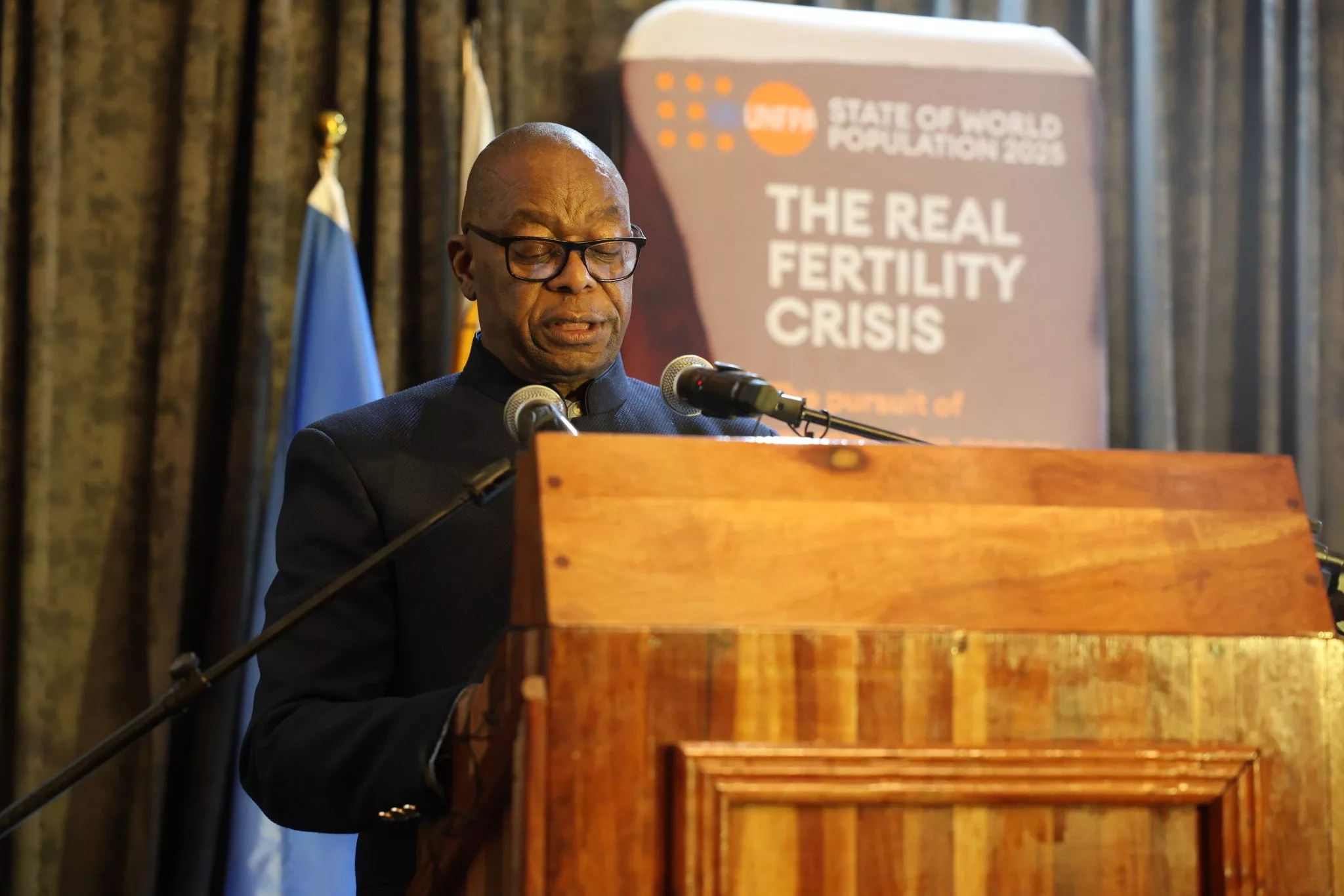|
Getting your Trinity Audio player ready...
|
Harare, 11 July 2025 – The Harare Residents’ Trust (HRT) has sharply criticised the Zimbabwean government and the City of Harare over their push to roll out prepaid water meters, describing the plan as short-sighted, opaque, and inconsistent with the city’s real water challenges.
This comes after the Ministry of Local Government and Public Works signed agreements with the City of Harare and private companies—Hangzhou Liaison Technology Company and Helcraw Electrica—to implement the project under a Build, Operate and Transfer model. Under this deal, private companies will be responsible for installing and managing the meters before eventually transferring them to council ownership.
However, critics argue the prepaid meter plan does nothing to address Harare’s actual water crisis, which is rooted in ageing, leaking infrastructure, dysfunctional billing systems, and rampant corruption.
“Rolling out prepaid water meters is not the solution to widespread water shortages. It is inconsistent with the reality on the ground,” said the Harare Residents’ Trust in a strongly worded statement.
A Legacy of Failed Billing and Dysfunctional Meters
Residents have long complained about the city’s shambolic billing system, which frequently relies on estimates rather than accurate meter readings. In many of Harare’s older suburbs, thousands of conventional meters are stuck or completely dysfunctional.
The City of Harare has previously launched two separate projects to replace these old meters, both of which were abandoned midway, with no clear results.
Despite this history of failure, officials have pushed forward with the prepaid meter project without publishing any evaluation of its feasibility or outcomes from pilot studies conducted in suburbs such as Avenues, Bluffhill, Budiriro, Eastlea, Greendale, Kambuzuma, Sunningdale, and Waterfalls.
“What is shocking is that the council never produced an evaluation report on the utility of the prepaid water meters installed during the pilot project,” the HRT said.
Residents have also pointed to the irony that the meters were first piloted in suburbs with some of the city’s most erratic water supplies.
Opaque Contracts and Lack of Consultation
Concerns about transparency have been amplified by the secrecy surrounding the contract details with the private companies. According to the HRT, there has been no meaningful consultation with residents or ratepayers.
“These agreements were signed without a single consultative meeting by the City of Harare to find out what residents think,” the Trust noted.
Ceremonies to sign the deals were held at the Ministry’s offices, but no details about the terms, financing, or implementation plans have been publicly disclosed.
Residents Question Priorities
City officials, including Mayor Jacob Mafume, have defended the prepaid meters as a tool to help residents track their water consumption in real-time, reduce waste, and improve cost recovery for the city.
“Water smart meters will enable residents to track their water consumption, allowing them to make informed decisions to reduce their usage,” Mafume told The Sunday Mail.
But the HRT argues this is “lazy reasoning,” pointing out that residents are already facing severe water shortages—not overconsumption—and that the city is avoiding the more difficult task of fixing its leaking, ageing water infrastructure.
“Prepaid water meters will never help improve the quantity of water delivered to the residents, nor will they address the quality of the water supplied,” the Trust said.
Underlying Problems: Corruption and Mismanagement
At the heart of residents’ anger is a belief that the real motivation behind prepaid meters is to generate more revenue for councils struggling financially, often due to non-payment of rates, but also because of corruption and mismanagement.
The city’s own dysfunctional enterprise resource planning system—commonly called the billing system—has long been criticised for enabling fraud, misallocations, and a lack of accountability.
“Powerful individuals are benefitting from the chaos, siphoning council funds without transparency or accountability,” the Trust said.
HRT’s Recommendations
Instead of prepaid meters, the Harare Residents’ Trust is urging the government and city council to focus on fixing the basics first. Their recommendations include:
1. Plugging leakages along the water distribution network to reduce non-revenue water.
2. Undertaking a phased, conventional water meter replacement programme in the oldest suburbs.
3. Producing and publishing a detailed evaluation report on the prepaid water meter pilot study.
4. Subjecting all contracts with Hangzhou Liaison Technology Company and Helcraw Electrica to public scrutiny.
5. Installing a functional, transparent, and accountable billing system to plug financial leakages.
6. Implementing the devolution provisions in Zimbabwe’s Constitution to give local authorities genuine decision-making power.
7. Ring-fencing current water revenues to maintain and expand water treatment, storage, and distribution infrastructure.
8. Conducting public hearings through relevant Parliamentary Portfolio Committees to ensure citizen participation in shaping water policy.
Conclusion
As Zimbabwe’s capital continues to battle chronic water shortages, residents are calling for real solutions rooted in accountability, transparency, and basic service delivery—not quick fixes that generate profit for private companies while leaving fundamental problems unresolved.






